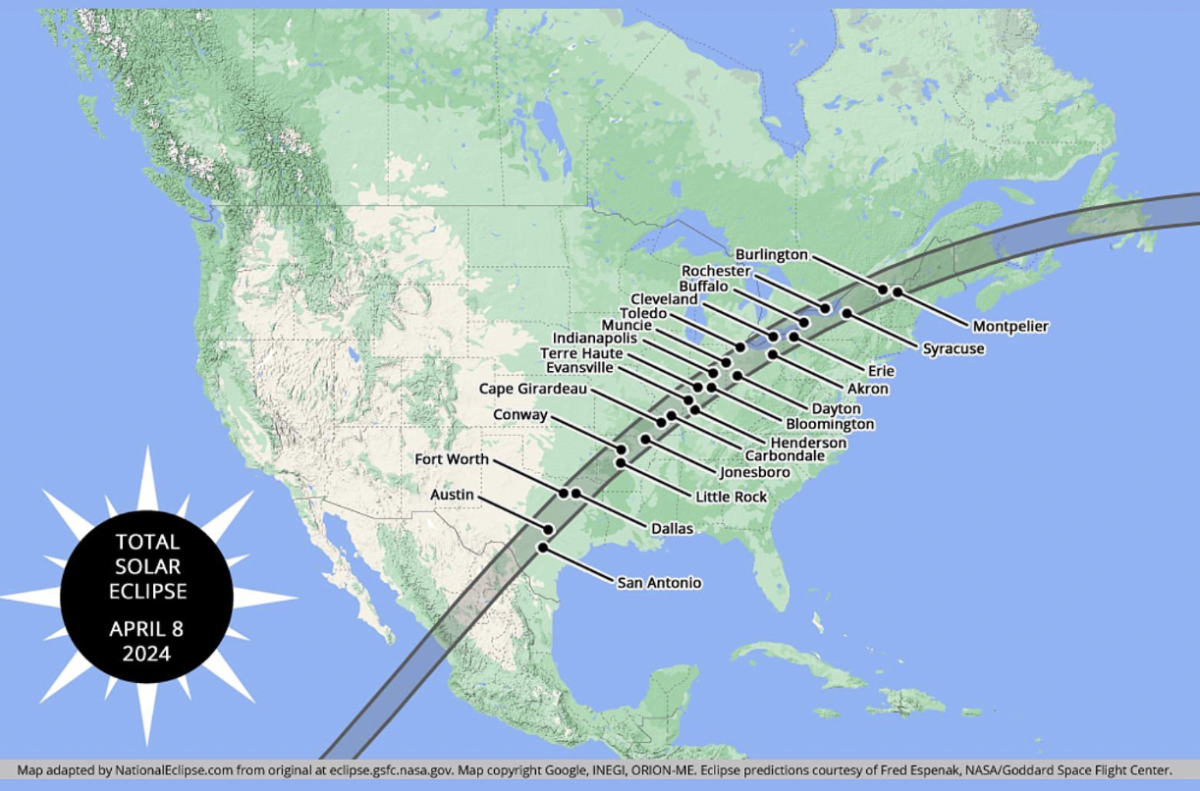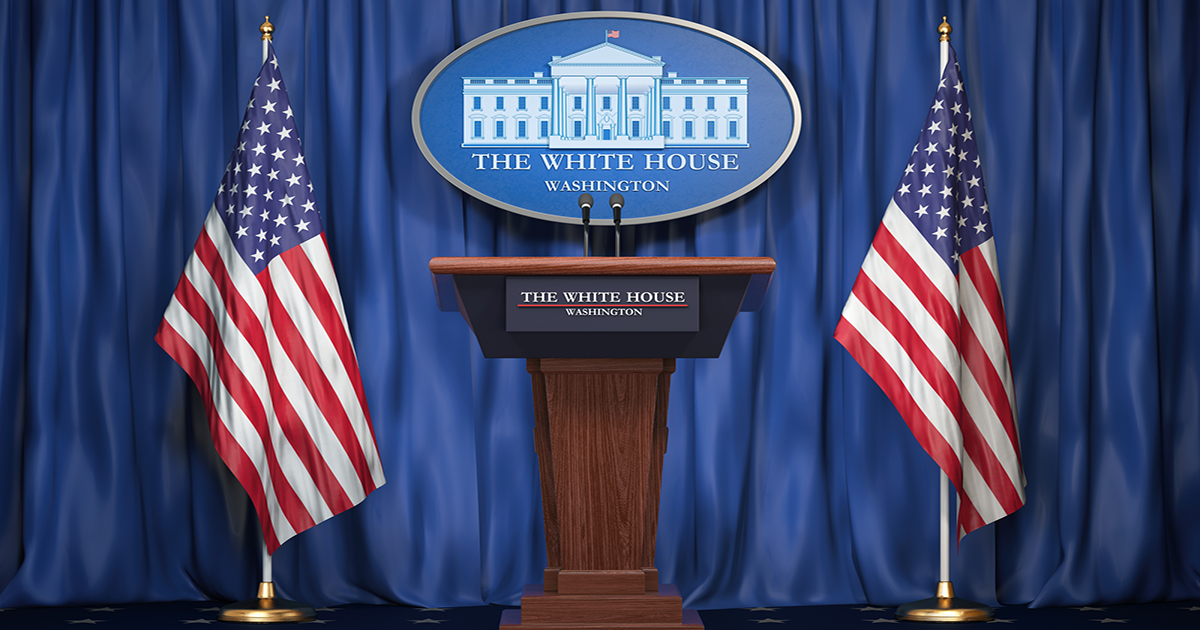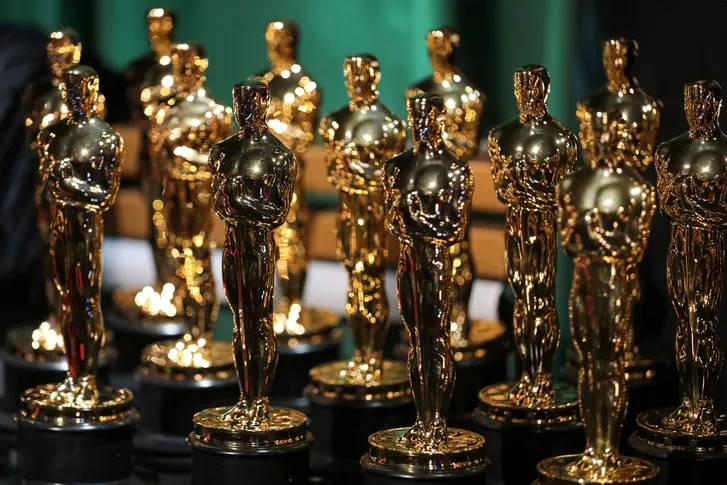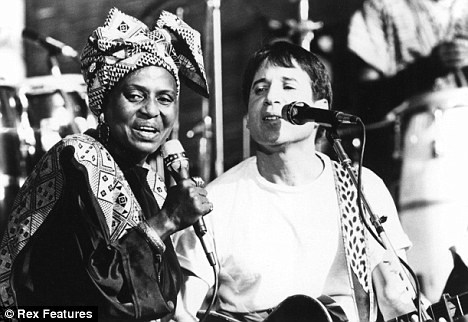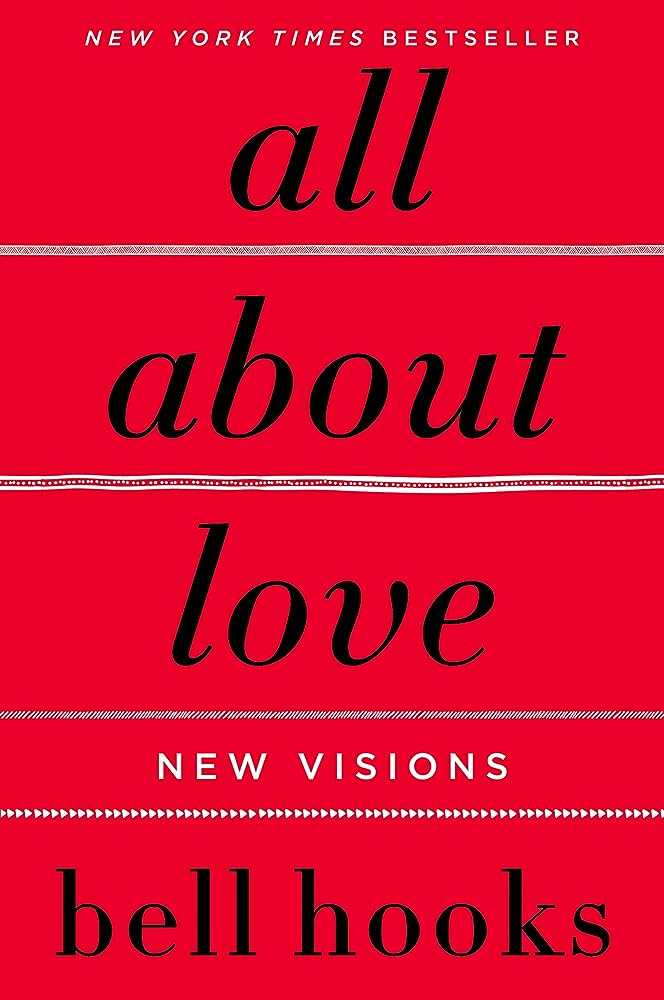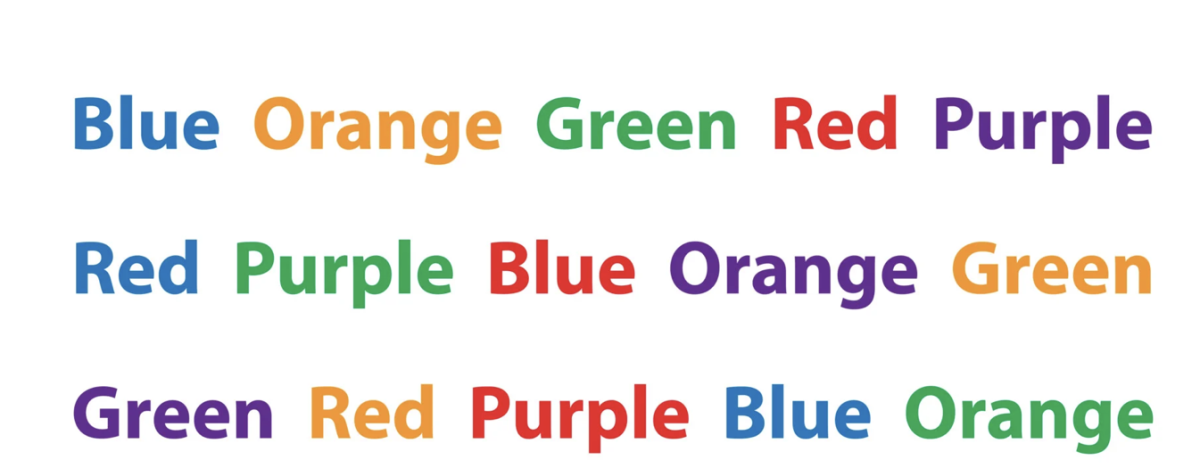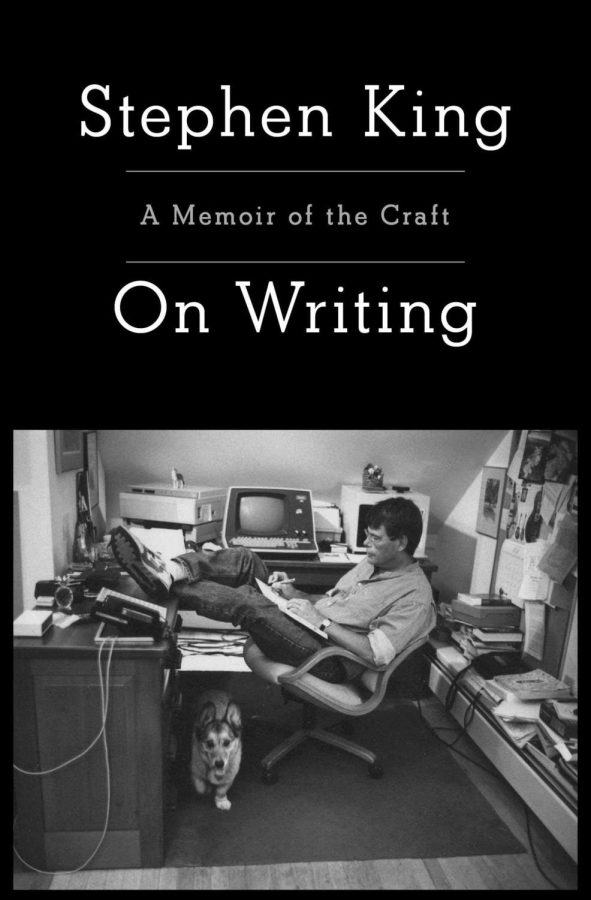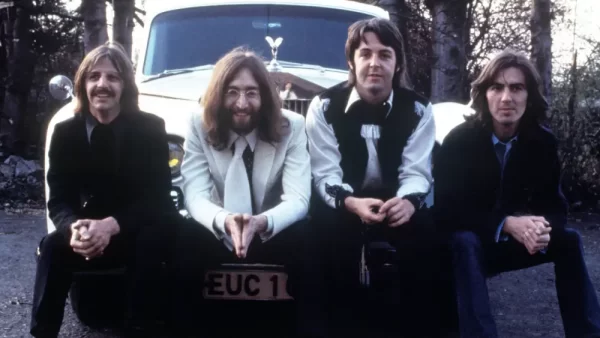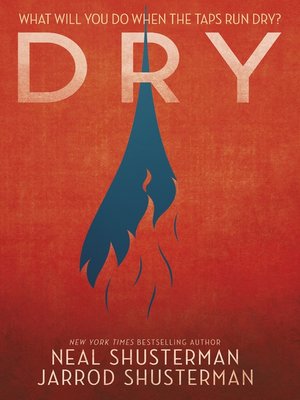‘On Writing’ by Stephen King Book Review
January 12, 2022
Renowned author Stephen King, mainly notable from his science fiction books such as It and The Shining, recounts his writing efforts in his memoir On Writing. The book dives into what King believes to be the best writing tips that he has grown to know as a writer himself. It starts with King describing memorable events of his life that have significance on where he is today. These moments include his first comic book, his first job as an editor in his high school’s newspaper, and how his interest in science fiction sparked through movies and books. King also shared the difficulties he had faced both in his childhood and adult life and the effects of various relationships that influenced him as a writer. Ultimately King’s upheaving success has allowed him to quit his job as a teacher and become a full-time writer. Further in the book, King talks about his writing skills over the years and shares what he learned from his experiences. Finally, he recounts the do’s and don’ts of writing, the tools needed for any author, and finally asserts that as a writer, the worst thing to do is to give up.
King’s memoir on writing has affected me as a writer and an artist. King states, “2nd Draft = 1st Draft – 10%. Good Luck,” meaning that what you may write or draw the first time around will never be the final product (223). The writing process is long and, at times, exasperating. However, King makes a good point. As a writing tutor, I’ve experienced that the first draft will never be the final copy of my work and other students’. There is constant revision needed until you finally get to the last piece. One of the best pieces of advice that King received was, “When you write a story, you’re telling yourself the story. When you rewrite, your main job is taking out all the things that are not the story,” explaining that the first draft is for yourself, but the second is for everyone else to read (57). That is why it is significant to revise any writing work, or in my case as a tutor, to carefully revise the works of others. As an artist, the same applies. I cannot submit my first sketch. It’s messy, but it’s also for me. It helps me place my ideas down for me to understand. Then, I can start the second draft to portray my thoughts to others through my work with more delicacy than the first take.
In my personal experience, I enjoyed reading On Writing because I didn’t know that Stephen King had a humorous side to him. I only knew him from his science fiction books. Therefore, it was a moment of realization of how great King is as a writer. In his memoir, his writing and language are phenomenal. It feels as if I am talking to an old friend of mine. I particularly enjoyed reading about his childhood and the crazy antics that he and his brother would get into because it reminds me of the adventures my sister and I had. I also admired that King would clearly state the harsh truth about writing. He says, “Can I be blunt on the subject? If you don’t have time to read, you don’t have the time (or the tools) to write. Simple as that,” showing that if you don’t continue reading and exposing yourself to different styles of writing, then you won’t get anywhere as a writer (147). Unfortunately, though, I also felt that the memoir wasn’t perfect. Many times, a story would drag on or when random bits and pieces were added to the story that wasn’t needed. These added pieces were mainly in the first part of the book. Still, I greatly appreciated how straightforward yet fun King’s memoir was to read.
I would recommend this book to beginner writers who take writing seriously. I wouldn’t recommend it for someone who only writes to get an assignment done because, in reality, anyone can go on the computer and quickly research writing specifics if needed to be. However, for someone looking to continue to strengthen their writing, I would highly recommend this book because it is from the perspective of a highly experienced and successful writer. Before writing his memoir, King had written sixty published books, and he now has ninety-six completed books. Since he is a professional writer, I trust his judgment and find valuable advice from him for my writing, as someone who is not as serious about writing as others may be.
